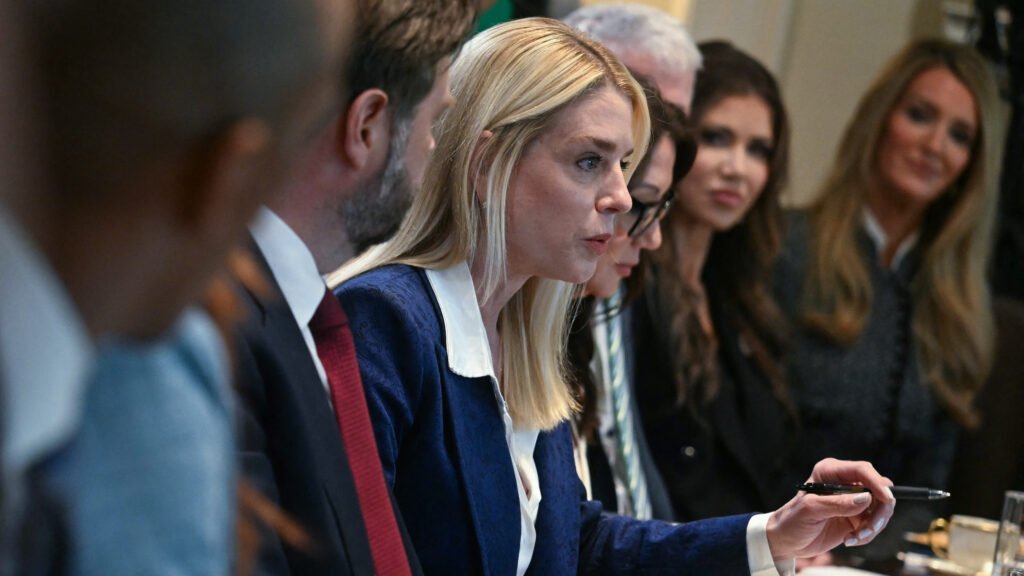The federal government made a surprising decision on Saturday as charges against a Utah plastic surgeon, Dr. Michael Kirk Moore, were dismissed. Moore was accused of throwing away COVID-19 vaccines, administering saline shots to children instead of the vaccine, and selling fake vaccination cards. The charges, which could have resulted in up to 35 years in prison, were dropped at the direction of U.S. Attorney General Pam Bondi.
Bondi stated on the social media platform X that Moore had given his patients a choice when the government had failed to do so. She believed that Moore did not deserve the harsh punishment he was facing and that the case against him should be ended. Felice John Viti, acting U.S. attorney for Utah, filed a motion for the dismissal, citing that it was in the interests of justice.
The trial had already begun in Salt Lake City with jury selection when the charges were dismissed. The case was expected to last for 15 days, but now it has been resolved with the charges being dropped. The indictment against Moore, his clinic, and others associated with him alleged the destruction of over $28,000 worth of government-provided COVID-19 vaccine doses.
Additionally, it was claimed that fraudulent vaccination record cards were provided for more than 1,900 doses of the vaccine in exchange for cash or donations to specified charitable organizations. Some children were also reportedly given saline shots instead of the vaccine, at their parents’ request, leading them to believe they had been vaccinated.
Health Secretary Robert Kennedy Jr., a prominent anti-vaccine activist turned government official, showed his support for Moore in April. Despite scientific consensus on the safety and efficacy of vaccines, Kennedy has been known to question their validity. Bondi mentioned that Georgia Republican Rep. Marjorie Taylor Greene had brought the case to her attention, indicating political involvement in the decision to dismiss the charges.
In conclusion, the dismissal of charges against Dr. Michael Kirk Moore has raised questions about the handling of the case and the role of government officials in vaccine controversies. The decision to drop the charges highlights the complexities surrounding public health issues and the legal implications of medical practices during the COVID-19 pandemic.


